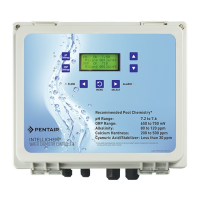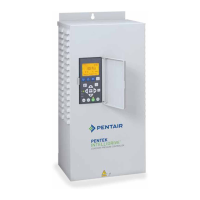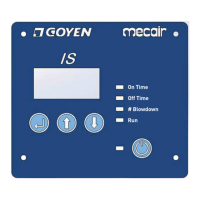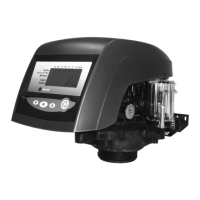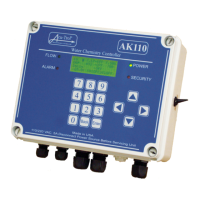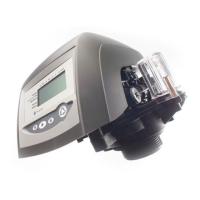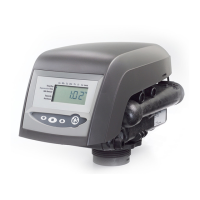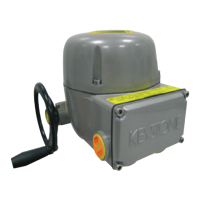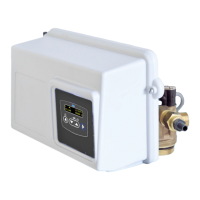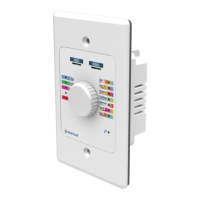INTELLICHEM
®
Controller Installation and User’s Guide
26
Recommended Pool Chemistry
pH range: 7.2 to 7.6
ORP range: 650 to 750
Alkanlinity: 80 to 120 ppm
Calcium Hardness: 200 - 500 ppm
Cyanuric Acid/Stablizer: 30-50 ppm
pH: Chlorine produced by the IntelliChlor SCG is close to Neutral pH. However, other
factors usually cause the pH of the pool water to rise. Therefore, the pH in a pool
chlorinated by IntelliChlor tends to stabilize at approximately 7.8. This is within APSP
standards. If the pool pH rises above 7.8, have a pool professional test to see if other
factors such as high Calcium Hardness or Total Alkalinity are the cause and then balance
accordingly.
Temperature: The pool water temperature can affect the saturation index value.
IntelliChem gets the temperature from the EasyTouch, IntelliTouch and SunTouch
automation control system. The automation control system must have the POOL or SPA
pump running to report the proper temperature to IntelliChem, otherwise IntelliChem will
use its own menu’s temperature value. To change the IntelliChem default temperature,
select Temp and use the Up/Down arrow to adjust the temperature.
pH Level Test: Test the pH level of your pool water with a reliable test method. If
necessary, adjust according to your pool professional’s recommendations. APSP’s
recommended ideal range for pH is 7.2 to 7.6. Note: Never use dry acid (sodium bisulfate)
to adjust pH in arid geographic areas with excessive evaporation and minimal dilution of
pool water with fresh water. A buildup of by-products can damage the IntelliChlor SCG
Calcium Hardness
Recommended range for calcium hardness is 200-500 ppm. Calcium Hardness levels
should be tested weekly. Calcium hardness is the calcium carbonate scale deposited
on pool surfaces. The test for Calcium Hardness is a measure of how “hard” or “soft”
the water is testing. “Hard” water can have high levels of calcium and magnesium. If
these levels are too high the water becomes saturated and will leave calcium carbon-
ate scale deposits (a “white-ish,” crystallized rough spot) on any surface inside the
pool. If the levels are too low, the water becomes “soft” and will corrode surfaces in-
side the pool. Use TSP or Hydroquest 100 to lower Calcium Hardness levels that are
too high or add water to the pool which has a lower calcium hardness content. Levels
which are too low require the addition of calcium chloride.
Total Dissolved Solids (TDS): Adding salt to pool water will raise the TDS level.
While this does not adversely affect the pool water chemistry or clarity, the pool water
professional testing for TDS must be made aware salt has been added to the IntelliChlor
system. The individual performing the TDS test may then subtract the salinity level to arrive
at a TDS level that would be compatible to a TDS reading for a non-salt water pool.
Note: If a salt chlorine generator is being used for your pool, the salt level is the TDS
level of the pool.
Sat Index Overview (Continued)
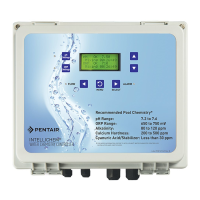
